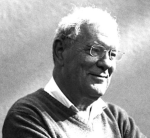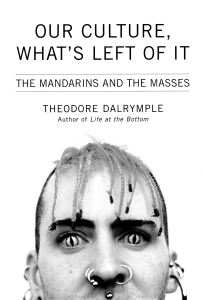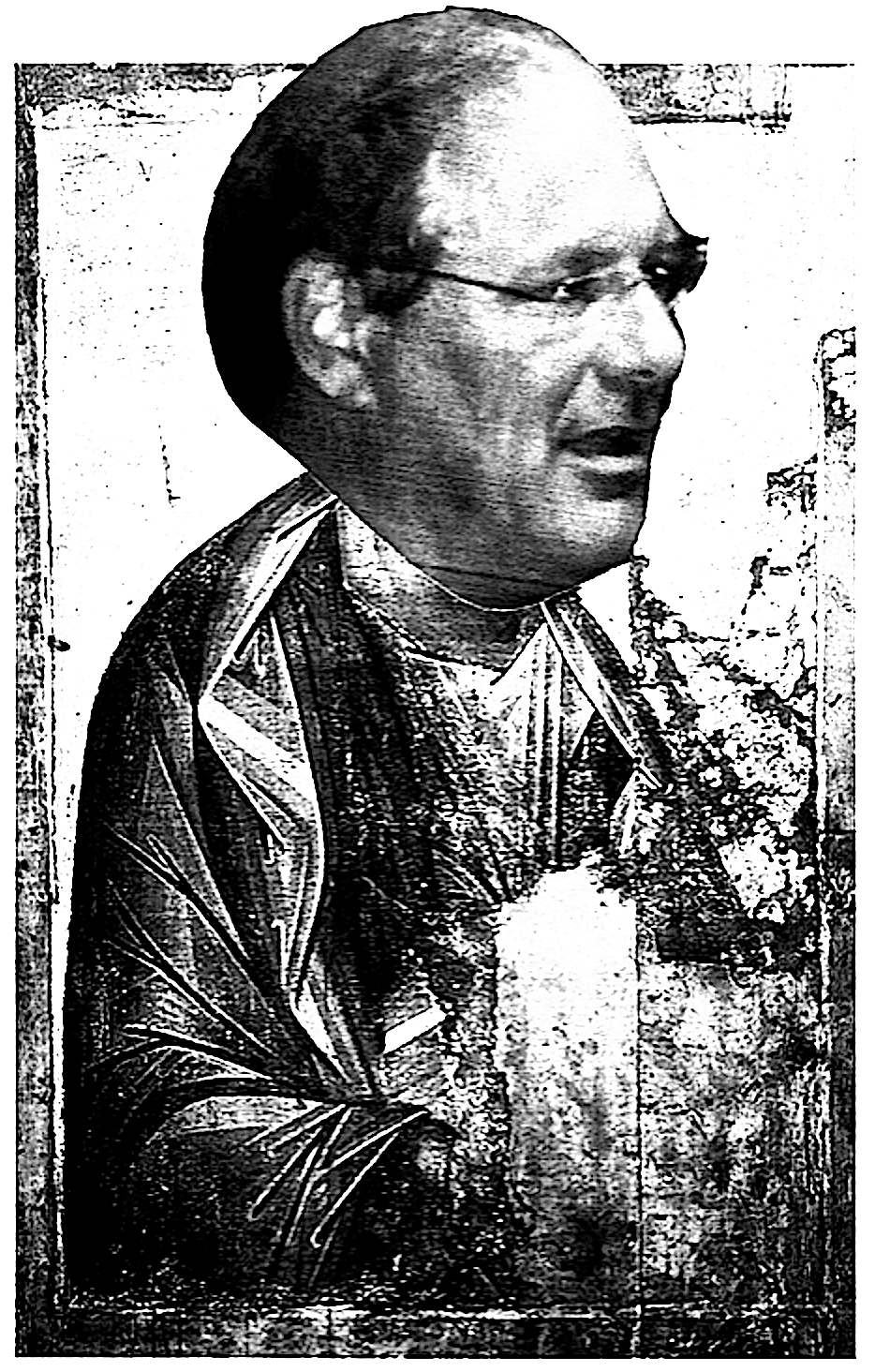 If we had done so, we should not have sown what we are reaping
If we had done so, we should not have sown what we are reaping
Ray Honeyford, who was headmaster of a ghetto school in Bradford in the early 1980s, knew, writes Dalrymple, that
the official multiculturalist educational policies that he was expected to implement would sooner or later lead to social disaster.
When he exposed the folly of these policies,
the advocates of ‘diversity’, who maintain that all cultures are equal but that opinions other than their own are forbidden, mounted a vicious and vituperative campaign against him. He was branded a near-murderous racist and drummed out of his job.
logical, sensible, and coherent. He argued that Islamic immigrants needed to be integrated fully into British society. He did not believe that the cultural identity necessary to prevent the balkanisation of our cities into warring ethnic and religious factions implied a deadening cultural or religious uniformity. On the contrary.
He
enunciated painful truths that were tangential to his central argument: for example, that Pakistan (the country of origin of most of the immigrants in his area) had been unable throughout its history to develop either democratic institutions or a culture of tolerance.
 The ghetto school, called Drummond Middle, was a
The ghetto school, called Drummond Middle, was a
piece of high-Victorian public architecture, grand without being overbearing, and conveying implicit aesthetic and moral lessons to its pupils, however humble the homes from which they came. The collapse of the cultural confidence that had produced such a school building was soon complete: after Honeyford’s departure, the school quickly received an Urdu name and was burned down beyond repair by an arsonist.
 Honeyford brought his troubles down upon him when he published an article exposing the follies of multicultural education in the Salisbury Review. The Review’s name
Honeyford brought his troubles down upon him when he published an article exposing the follies of multicultural education in the Salisbury Review. The Review’s name
hardly ever appears without the qualification that it is rabidly right-wing, implying that no intellectual engagement with the ideas expressed in it is ever necessary—only the kind of opposition appropriate to dealing with brownshirts and blackshirts.
An unremitting campaign gathered steam,
under the leadership of local politicians and pressure groups, some of which sprang up expressly to get him fired. He received death threats. A few small children learned from their parents to chant ‘Ray-cist! Ray-cist!’ at him and to hold up denunciatory placards, some with a skull and crossbones. The Bradford Education Authority considered the possibility of a court order against the demonstrators, but it decided that such an order would inflame passions. Thus political extremists learned a valuable lesson: intimidation pays.
mild-mannered and unexcitable. He was a believer in the virtues of plain speaking—formerly a tradition in the north of England. He thought that different opinions might be tolerated, not having grasped that the purpose of those who argue for cultural diversity is to impose ideological uniformity.
 He believed in the redemptive power of education and in
He believed in the redemptive power of education and in
the duty of schools to give the children of immigrants the same educational opportunities as everyone else. His only regret about the affair was that it drastically shortened his teaching career. It is a tribute to the power of Orwellian language that a man who believed these things should successfully have been labeled a racist.













Comments
I agree, except for the ‘we’ bit. I was at secondary school myself at the time that Mr Honeyford was branded as a ‘waaaycist’. I am not part of the segregationist multi-culti brigade.
Respect to Honeyford.
Ray Honeyford was the Kassandra of his day.
He spoke the truth decades before it snowballed into the mess we are in today.
His mistake was in thinking that an honest open dialogue could occur which was painfully naive of him. But in fairness to him, that naively also extended during the 80’s to the vast majority of people.
His inability to understand the identity politics the left engaged in and in a lack of awareness of the deviousness in which muslims were willing to use the the British political system to create a cultural Neo-Pakistan in the U.K.
He was right about everything by the way.